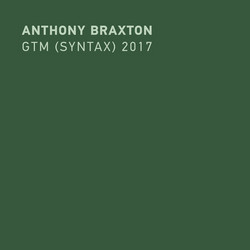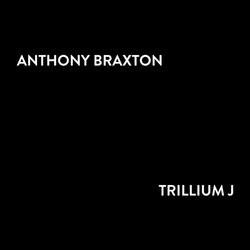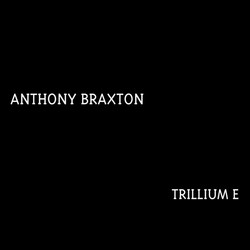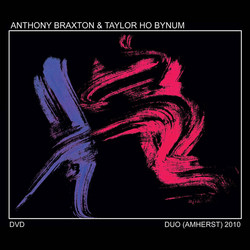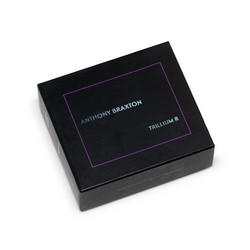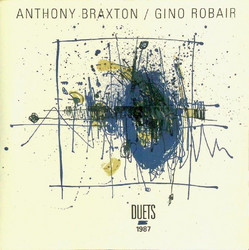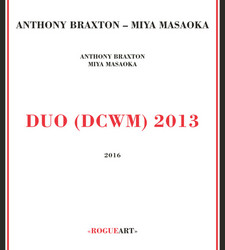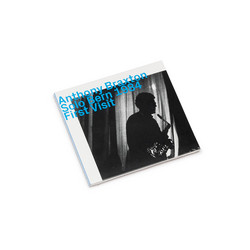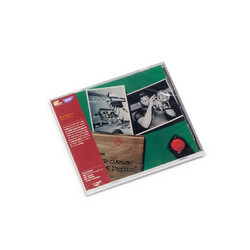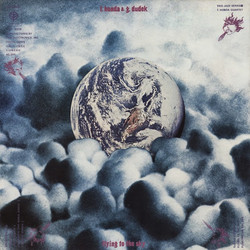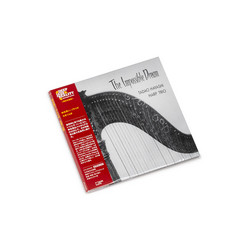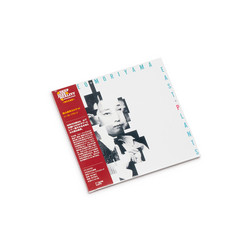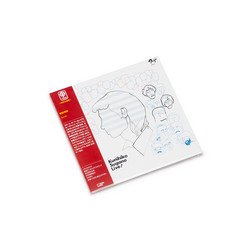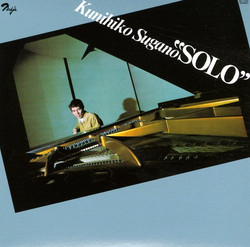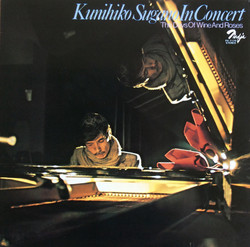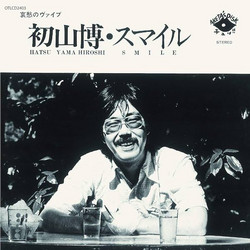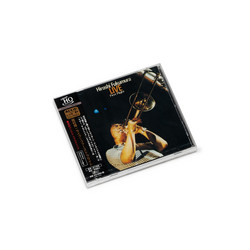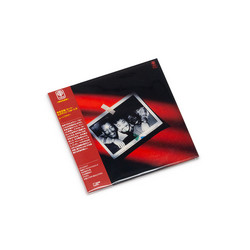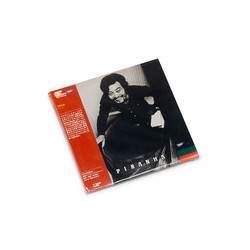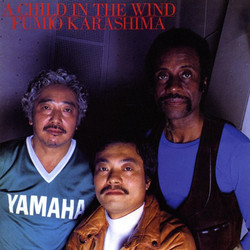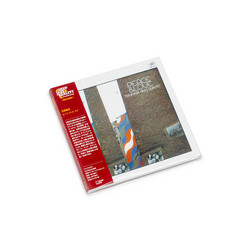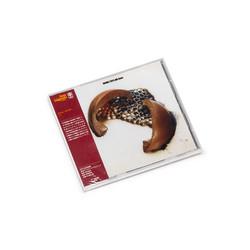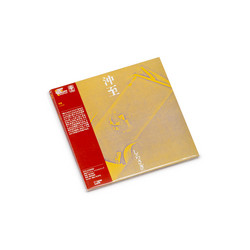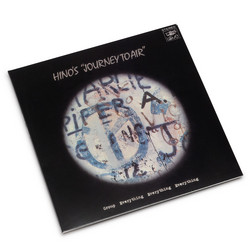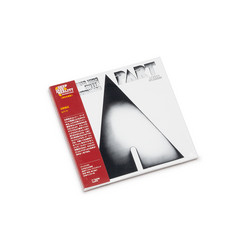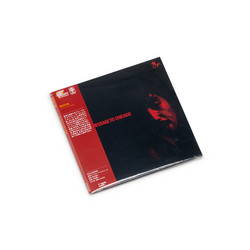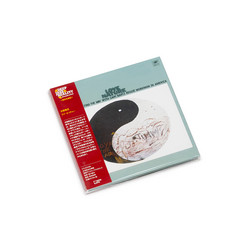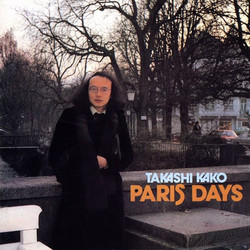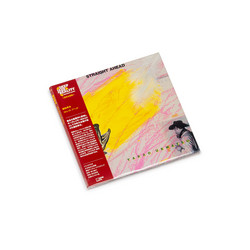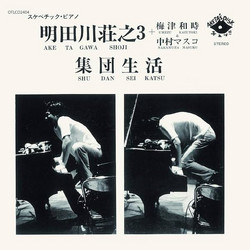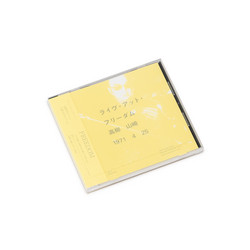Anthony BraxtonFeaturing: Jeanne Lee
Town Hall 1972
Tip! *2024 stock* If Anthony Braxton were to be judged on the basis of his oeuvre alone, he would stand completely apart from any modern composer, bar none. He has an enormous body of work, written for every conceivable permutation and combination of ensemble, from two to over a hundred and also for practically all the modern instruments known to musicians. As a reeds and winds player, he has a staggering technique, but not only this: he dives deep into the soul to extract the most subtle emotions. This he brings to bear on the abstract as well as the concrete music that he composes or interprets. His singular voice, then, regales the chameleon in him and can be bone dry and almost ironic. as well as exuding a warmth and tenderness that swathes the notes that ensue with a hot breath.
Perhaps Braxton's most important quality, however—and this is what sets him head and shoulders above all composers—is that he conceptualizes outside of time. In his interminably dalliances of spatial musical geometry, his wry notes hang as if on near-invisible, gossamer strings, dancing with seemingly suspended harmony, in tune with the melody that he relocates to a soundscape all his own. When notes are meant to be played with the rapidity of a rat-a-tat rhythm, he finds the magic to dislocate that rhythm, finding just the pulse around which to blow or bellow, swagger or gush with rare and forceful brilliance. Such a majestic performance is in evidence on a version of Jerome Kern's "All The Things You Are," played when the melody is suddenly encountered joyously, a breathless, devastating speed. The alto saxophone bends and discharges notes with such singularity that it appears positively malleable in Braxton's hands. Never has the instrument been played with such unbridled genius—not since Charlie Parker and Sonny Stitt, at least.
Despite the fact that he stands head and shoulders above his peers, like some mythical character, Braxton also exudes abject humility. On "Composition 6 P I" and "Composition 6 P II," he is smitten by the character played with ingenuity by the marvelous Jeanne Lee. It is an absolute marvel to her how the gravitas of his contrabass clarinet is completely subsumed by the delicate beauty of Lee's voice, as she skitters and swoops and dives as if on the wings of fancy, while Braxton ducks and weaves to avoid colliding with the fey voice. Then he weaves in to swallow it and breathe his own version of the melody, coaxing Lee to revive herself again. There is a distant majesterium and only from this high space can a musician of Braxton's talent play with a voice as fluttering and graceful as Lee's is, without hunting and hurting its delicacy.
Clearly, then, Trio and Quintet (Town Hall) 1972 is an album of rare and enduring genius, and of such beauty that it stands the test of time by existing outside of musical space and time. This is what makes so utterly memorable.


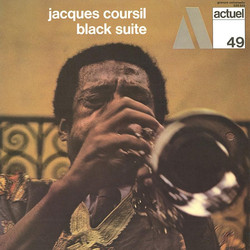
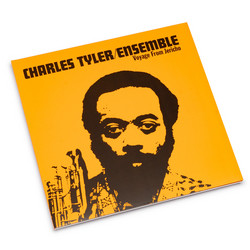
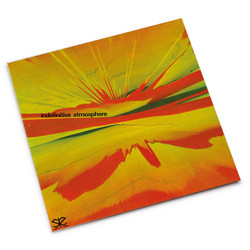
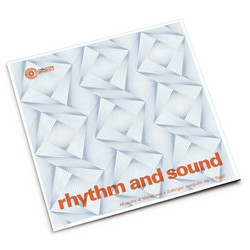
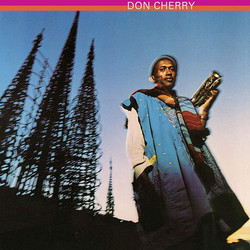
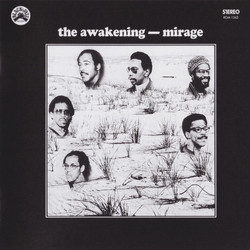
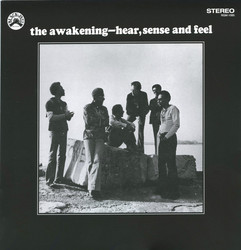
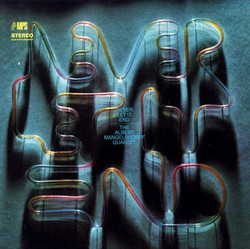

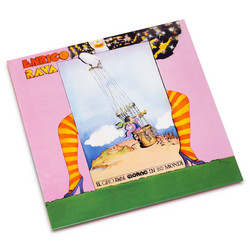
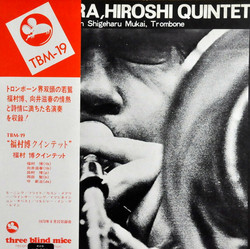
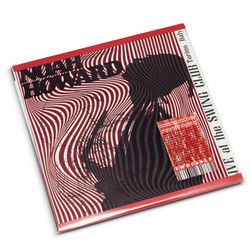
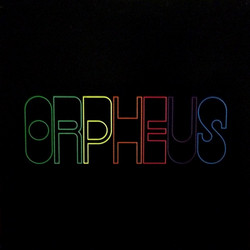
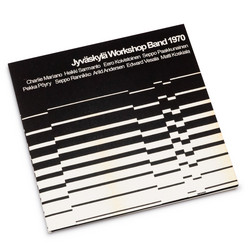
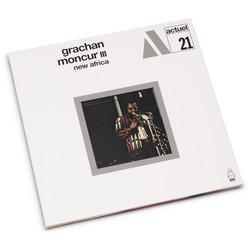
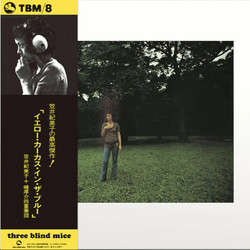

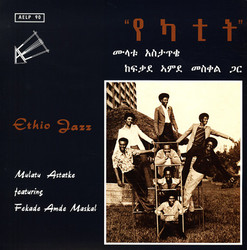

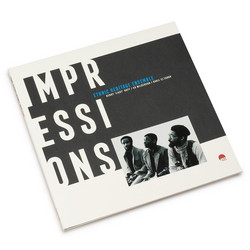
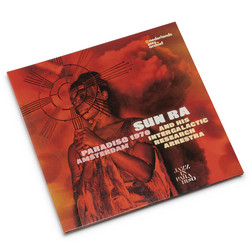
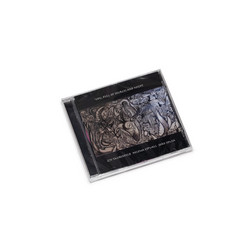
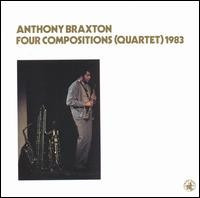

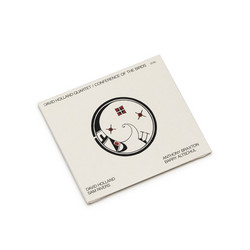

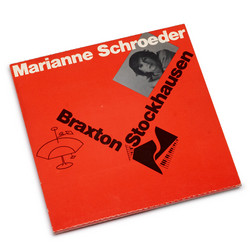
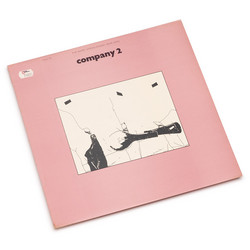
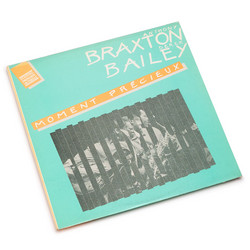
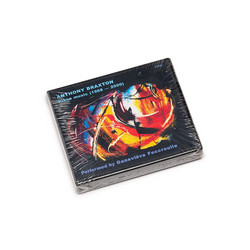

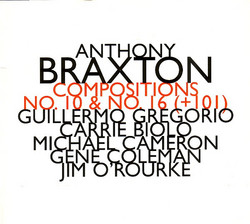
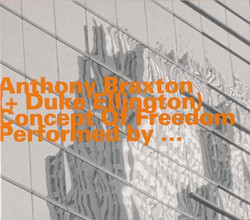
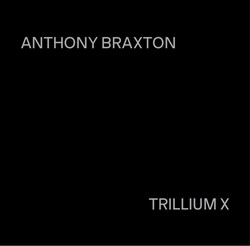
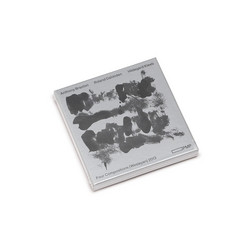
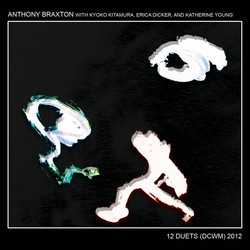
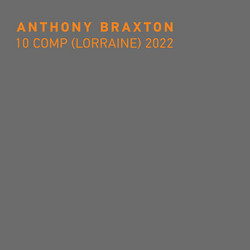
![Quintet [Tristano] 2014](https://cdn.soundohm.com/data/products/2025-01/a2951698608_16-jpg.jpg.250.jpg)
